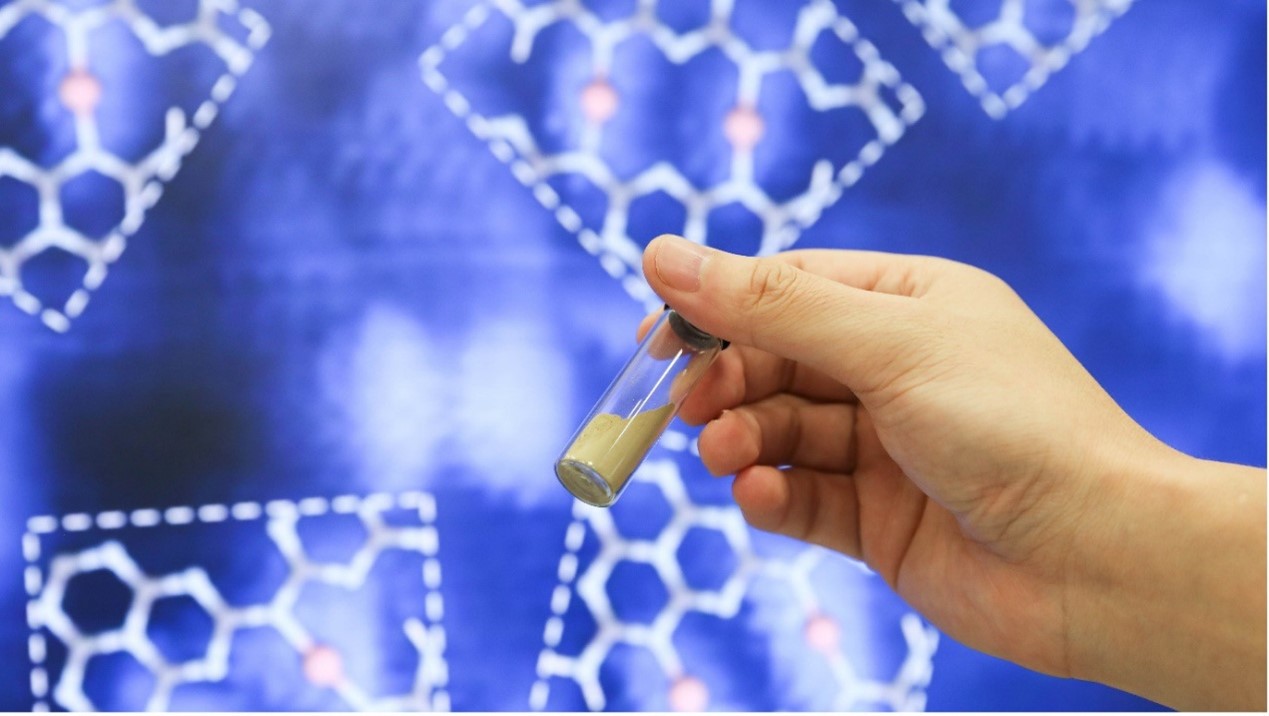Geminal Atom:AI-driven intelligent catalyst screening platform
Catalysts are essential to human progress and global economic growth, enabling the efficient, sustainable, and cost-effective conversion of raw materials into high-value chemicals and fuels. They are widely used across sectors such as energy, chemicals, food, pharmaceuticals, and electronics. However, developing a catalyst—from initial research to commercial readiness—is a lengthy and complex process involving multiple cycles of screening, optimisation, and scale-up. This typically spans 5–10 years or more and incurs substantial costs, limiting the pace of innovation in the chemical industry.

To address these challenges, Geminal Atom Technology Co., Ltd. (Geminal Atom), an incubated start-up at NUSRI Suzhou, has developed an AI-driven catalyst screening platform. The platform streamlines catalyst R&D by shortening development cycles from years to months, reducing costs, and offering a transformative solution for the chemical industry.
Dr He Peng, a founder of Geminal Atom and Associate Principal Investigator at NUSRI Suzhou, earned his PhD in Condensed Matter Physics from the University of Chinese Academy of Sciences. He completed postdoctoral research at the National University of Singapore, specialising in the rational design of semiconductor and catalytic materials using first-principles calculations and machine learning. He currently leads a multidisciplinary team integrating AI into catalyst design, optimisation, and scale-up, driving innovation in catalyst R&D.
The development of catalysts from laboratory research to market application typically involves several key stages: theoretical design, lab-scale experiments, pilot-scale validation, and large-scale production. Pilot-scale validation serves as a critical bridge between research and industry, verifying lab-scale feasibility at scale and providing reliable data for techno-economic assessments. It also plays a vital role in evaluating the reproducibility, stability, and scalability of catalyst synthesis processes, thereby supporting the finalisation of industrial production protocols. Due to its intersection with materials design, structural chemistry, reaction engineering, and process automation, pilot-scale validation is inherently complex and technologically demanding.
However, the conventional stepwise scale-up model widely adopted in industry presents significant limitations. This linear, decoupled approach lacks real-time data integration and cross-stage feedback, resulting in critical bottlenecks: experimental conditions validated at lab scale often fail during scale-up; process optimisation relies heavily on repeated trial-and-error; and discontinuity of data across stages hinders the coordinated optimisation of formulations, synthesis protocols, and catalytic performance. These issues collectively lead to prolonged development cycles, high scale-up costs, and elevated risks during commercialisation.
To tackle these challenges, Dr He’s team pioneered the integration of artificial intelligence into the catalyst development pipeline to enhance process intelligence and efficiency. They developed the Catalyst Intelligent Screening Platform to accelerate catalyst development and enable customised design across multiple material scales. The platform provides an end-to-end solution from virtual screening to process scale-up, integrating five key modules: computational prediction, experimental design, automated synthesis, high-throughput screening, and scale-up evaluation. Powered by advanced algorithms—including active learning, microstructure-performance modeling, and multiscale simulations—it significantly improves accuracy, efficiency, and scalability, facilitating rapid transition from innovation to mass production. Ultimately, it delivers high-performance, cost-effective, and industrially viable solutions for catalyst commercialisation.
To date, the platform has successfully developed five customised catalysts spanning diverse fields such as fine chemicals, pharmaceutical synthesis, green energy, and environmental low-carbon technologies. These catalysts include Geminal-atom catalysts, low-temperature methane reforming catalysts, dry reforming deactivation catalysts, plastic degradation catalysts, and methanol catalysts.




